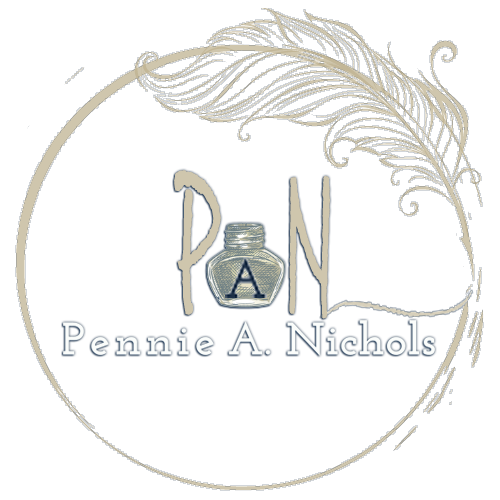“How’s your mom?” you ask.
This is a tricky question.
I appreciate the sentiment that drives you to ask it (I’m thinking about you and your mom; I love you; I’m praying for you), but I don’t love this question.
It’s not just a tricky question. It’s more than one question, a nest of questions, a matryoshka vortex of nested questions.
Which ones do you want me to answer? Do you really want the answers?
“And you?” you follow up.
Oof.
I do appreciate that you’re asking, and maybe this is a better way around your first question, although it’s not any easier to answer. It’s not any less… well, morbid.
I drafted the obit and a eulogy, I’m collecting photos for a slide show, I chose hymns, …
“How are you doing?”
I’m doing. Honestly, my most accurate response is “I’m weirdly at peace.”
I’m comfortable around mom and her failing (dying!) body, grateful and privileged to be here for this transition. I live for the small sparks.
I never know though. Some days she mostly sleeps. Other days, she wants to interact. Not every day but some days she excavates words from the ruins, calls people, John! Wayne.
I suspect she’s plotting her escape from the hospital bed and this disease (I want out), which makes me both proud (she’s the fightiest fighter) and sad. I collect those sparks of her feisty spirit and fold them into my heart. A smile or a response from her is a good day.
“And your dad?”
I can’t speak directly for dad, but, on the outside at least, he’s fine. Like the first question of nested questions, you may need to unnest the possible answers, crack open the matryoshka nuances and mystery. How can he not be wreck inside? His love of over 60 years is dying in diapers, pieces of the house keep breaking, demanding attention and repair, and all the joy that mom made (the baking, the creamed corn, tomatoes from the garden), all of it goes undone. How can he not be undone?
Add to that, dad’s an engineer, physicist, scientist. I spoke with a friend who has worked in hospice, and she pointed out that this experience is especially challenging for the scientifically inclined. In a flash I understood dad’s discomfort as we moved into this phase, his craving for an instruction manual.
But, sure. Dad’s fine. He stepped up to this heartbreaking task and he’s doing all the things.
Blessing misery
I’m making my way through Simple Abundance again, and one of this week’s readings touched something deep in me. The opening quote begins, “Bless a thing and it will bless you…” (Emmet Fox). Sarah Ban Breathnach continues:
After accepting our present circumstances, no matter what they are, we must learn to bless them.
Right. Bless misery?
Through our gritted teeth if necessary. Usually we don’t know why something has occurred and we won’t until there’s enough distance to take a backward glance. However, blessing whatever vexes us is the spiritual surrender that can change even troublesome situations for the better. Blessing the circumstances in our lives also teaches us to trust.
I think this is where I am. Maybe dad and I both are. I’ve surrendered to this miserable circumstance, and I trust that on the other side, we’ll find peace. I’m blessing each moment I have, the ones where I’m sitting alone thinking, the moments I’m away working or writing, as well as the ones I spend with mom while she’s here.
How’s your mom?
I’m not mad that you ask such a tricky question, but how should I answer? Her situation sucks.
And you?
I must be doing that blessing and surrender thing, because I am weirdly at peace.
And your dad?
He’s writing the instruction manual on his heart as he’s living it. But tell me, what about you? How are you doing today? We honestly enjoy news from outside our vortex of the moment.
©Pennie Nichols. All Rights Reserved. 2022.


This reminds me of when my dad died. It’s such a strange tug of war. On one hand, you want them to be set free. But it means they’re gone forever. Still, I remember a feeling of relief when Dad died of Parkinson’s Disease. His soul was released and it felt right. All my best to you.
Thanks, Laurie. I know common threads run through these stories.
It’s hard. I was always grateful people asked but they really didn’t need the whole story in all its gory details so like you, shorthand answers. “He’s coping.” “I’m coping.” “Managing.” Sigh.
I am grateful that people inquire. But I navigate that awkwardness in replying.
Peace….I recently experienced “the peace that surpasses all understanding” as I held my brother Gary’s hand as he took his last breath this side of Heaven. He’s finally at peace after a 3-year battle with cancer. Thanks be to Jesus for precious memories! To Him I give the glory!
I’m so glad you were able to be with Gary. So much love to you and your family.